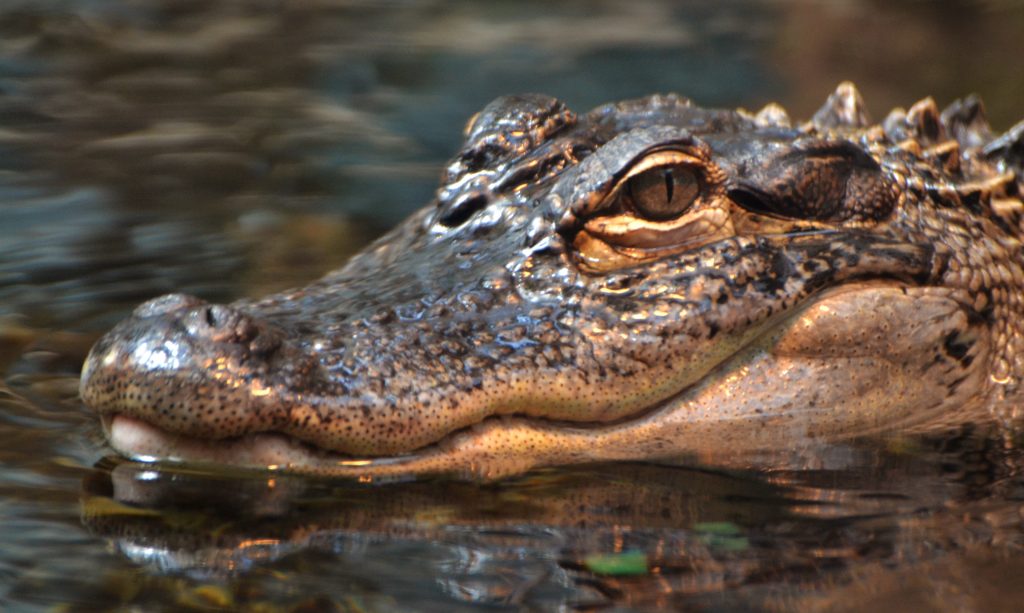
- ARAB NEWS
- 13 Jul 2025

NEW YORK: A group of researchers won this year’s Ig Nobel Prize, a spoof of the Nobel Prize honoring humorous but creative research, on Thursday over an experiment to find out about the vocal mechanism of alligators by making them inhale helium to better understand their communication methods.
Takeshi Nishimura, 45, associate professor at Kyoto University’s Primate Research Institute, and his colleagues received the award at a virtual ceremony.
This is the 14th year in a row that a Japanese researcher has received an Ig Nobel Prize.
When humans vibrate their vocal chords, air inside their vocal tracts vibrate too, causing resonance. Helium is lighter than air and sound travels faster through helium than air, changing the resonance of the human voice explaining why people’s voices gets squeaky when they inhale helium.
Helium has been used in experiments to see whether certain creatures create resonance, proving that alligators do.
The researchers’ group made a Chinese alligator in a water tank inhale a mixture gas of helium and oxygen and confirmed that its growl sounds different when it inhales the gas.
The experiment unveiled resonance in reptiles for the first time, Nishimura said.
The findings suggest that dinosaurs also used resonance, he said.
The result of the experiment was announced in 2015.
Nishimura previously worked on a similar helium experiment for monkeys, and was asked to join the alligator experiment which had faced difficulty.
JIJI Press